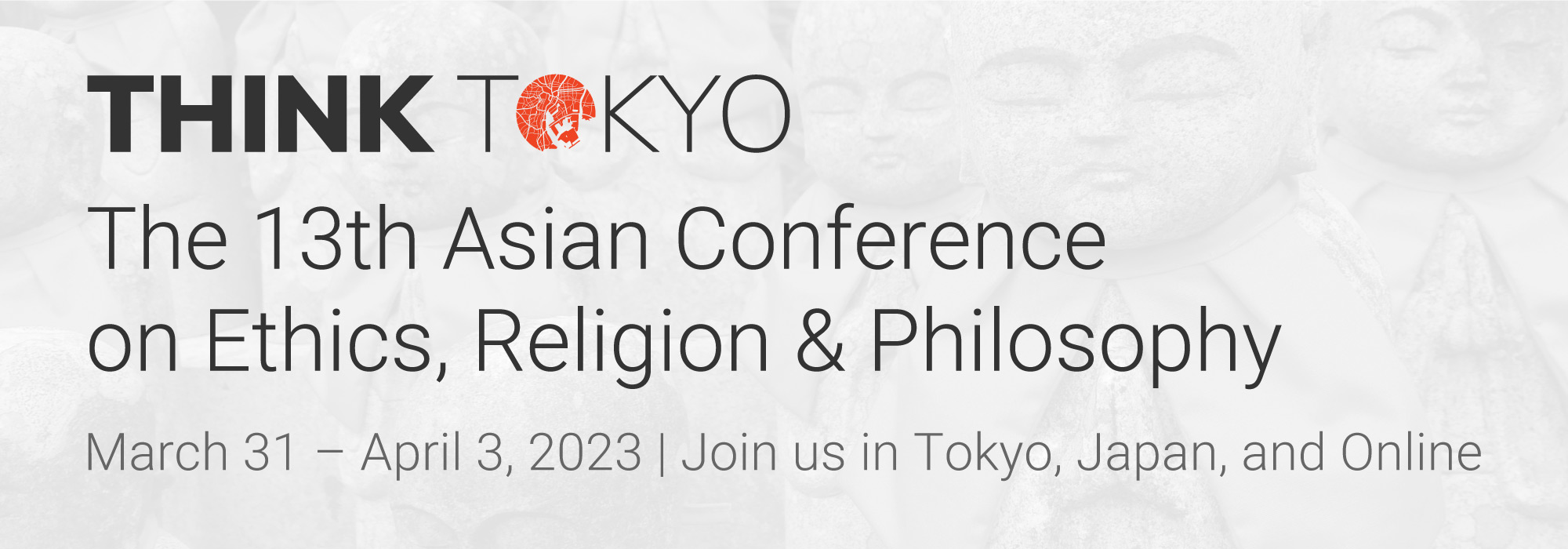Ships in the Night: Expansion of the Separation of Politics and Religion in Japan as the U.S. Supreme Court Abandons the Separation of Church and State
In June 2022, the U.S. Supreme Court overturned more than 50 years of precedent on the establishment of religion (commonly referred to as the separation of church and state) in a case involving sectarian Christian prayer by a public high school football coach. This follows a recent trend of moving away from separationist concepts. This shift has already begun to have a negative impact on religious minorities and nonbelievers in some parts of the United States.
Meanwhile, in Japan, recent decisions by the 最高裁判所 (Japanese Supreme Court) have continued to expand the concept of separation of politics and religion through the application of precedent to new situations. Several recent cases have involved a Shinto shrine in Sunigawa City, Hokkaido and a Confucian temple in Okinawa.
Of course, the United States and Japanese legal systems and socio-political dynamics are quite different. If anything, however, these differences should have led to the opposite result because the U.S. system has a formal reliance on court precedents while the Japanese system has no such formal requirement.
What explains this difference in outcomes? This talk will explore this fascinating question.
Speaker Biography
Frank Ravitch
Michigan State University College of Law, United States

Frank S. Ravitch is Professor of Law and Walter H. Stowers Chair in Law in Religion at the Michigan State University College of Law. He also directs the MSU College of Law's Kyoto Japan Program. He is the author of Freedom’s Edge: Religious Freedom, Sexual Freedom, and the Future of America (Cambridge University Press, 2016) (Nominated for a Prose Award); Marketing Creation: The Law and Intelligent Design (Cambridge University Press 2012), Masters of Illusion: The Supreme Court and the Religion Clauses (NYU Press 2007); Law and Religion: Cases, Materials, and Readings (West 2004)(2nd Ed. 2008) (3rd Ed. 2015 with Larry Cata Backer), School Prayer and Discrimination: The Civil Rights of Religious Minorities and Dissenters (Northeastern University Press, 1999 & paperback edition 2001). He is co-author, with the late Boris Bittker and with Scott Idleman, of the first comprehensive treatise on Law and Religion in more than one hundred years, Religion and the State in American Law (Cambridge University Press 2015) (this project was supported by a generous grant from the Lilly Endowment). He is co-author of Employment Discrimination Law (Prentice Hall, 2005) (with Pamela Sumners and Janis McDonald).
Professor Ravitch's articles, which have appeared in a number of highly regarded journals, have primarily focused on law and religion in the US and Japan. He has also written about civil rights law and disability discrimination. He has authored a number of amicus briefs to the US Supreme Court and has given numerous academic presentations nationally and internationally. In 2001, he was named a Fulbright scholar and served on the law faculty at Doshisha University in Japan. He has also made dozens of public presentations explaining the law to school groups, community groups, and service clubs, and has served as an expert commentator for print and broadcast media.
Professor Ravitch's current projects include a book on the Japanese Legal System (co-authored with Colin Jones), a chapter on law and religious tradition, and a project focusing on Law, Religion, and Authoritarianism. He speaks English and has basic conversational skills in Japanese and Hebrew.
About the Presenter(s)
Frank S. Ravitch is Professor of Law and Walter H. Stowers Chair in Law in Religion at the Michigan State University College of Law
See this presentation on the full schedule – Friday Schedule





Comments
Powered by WP LinkPress